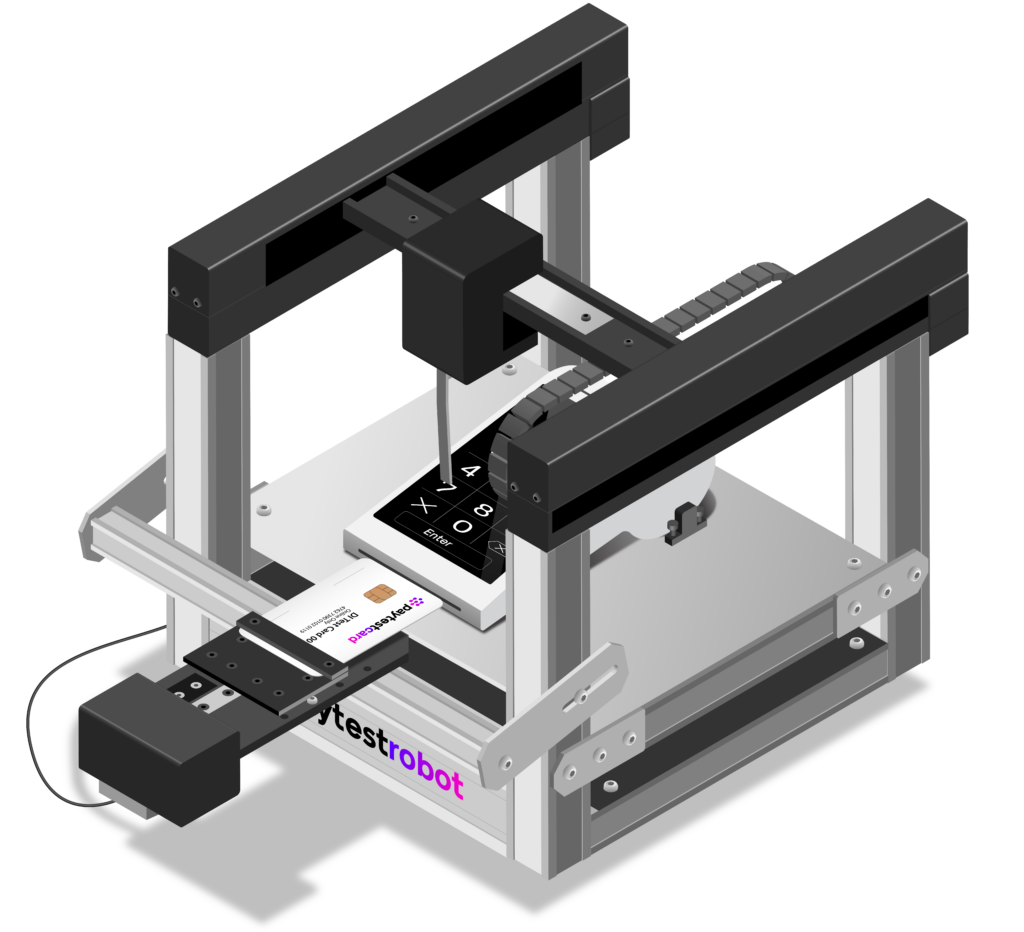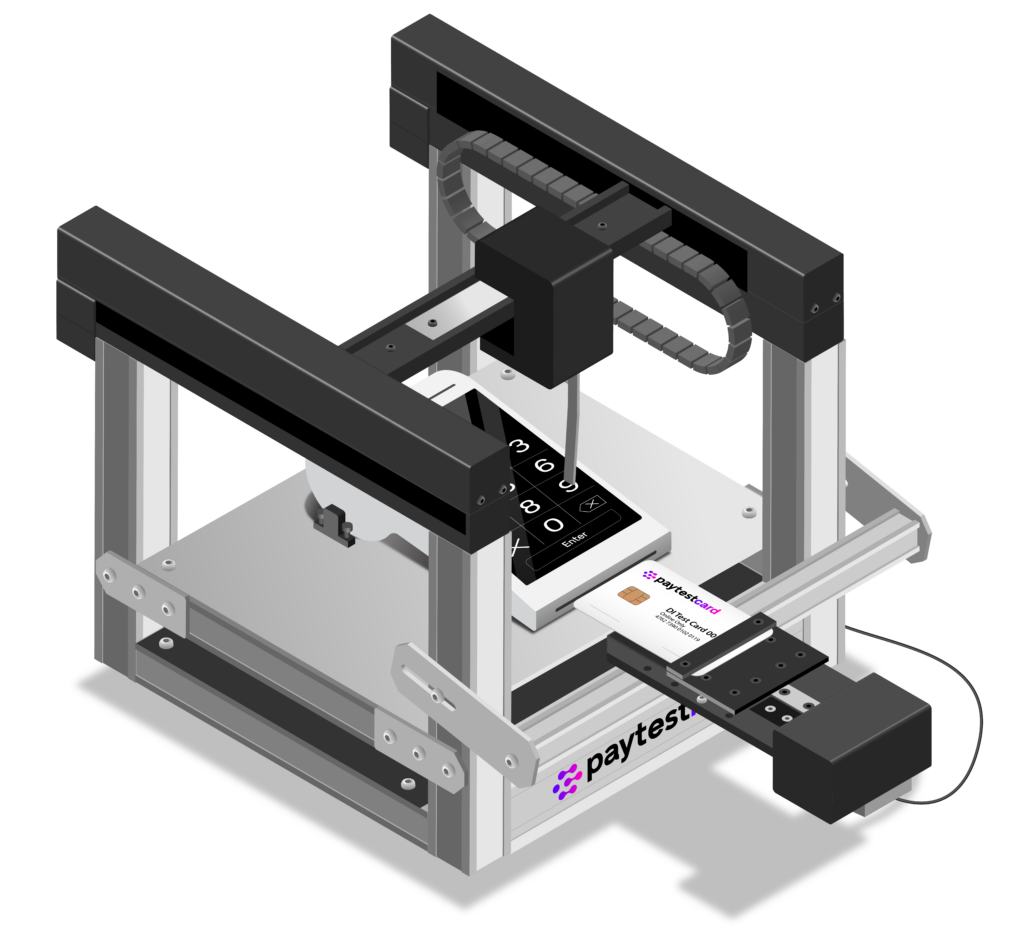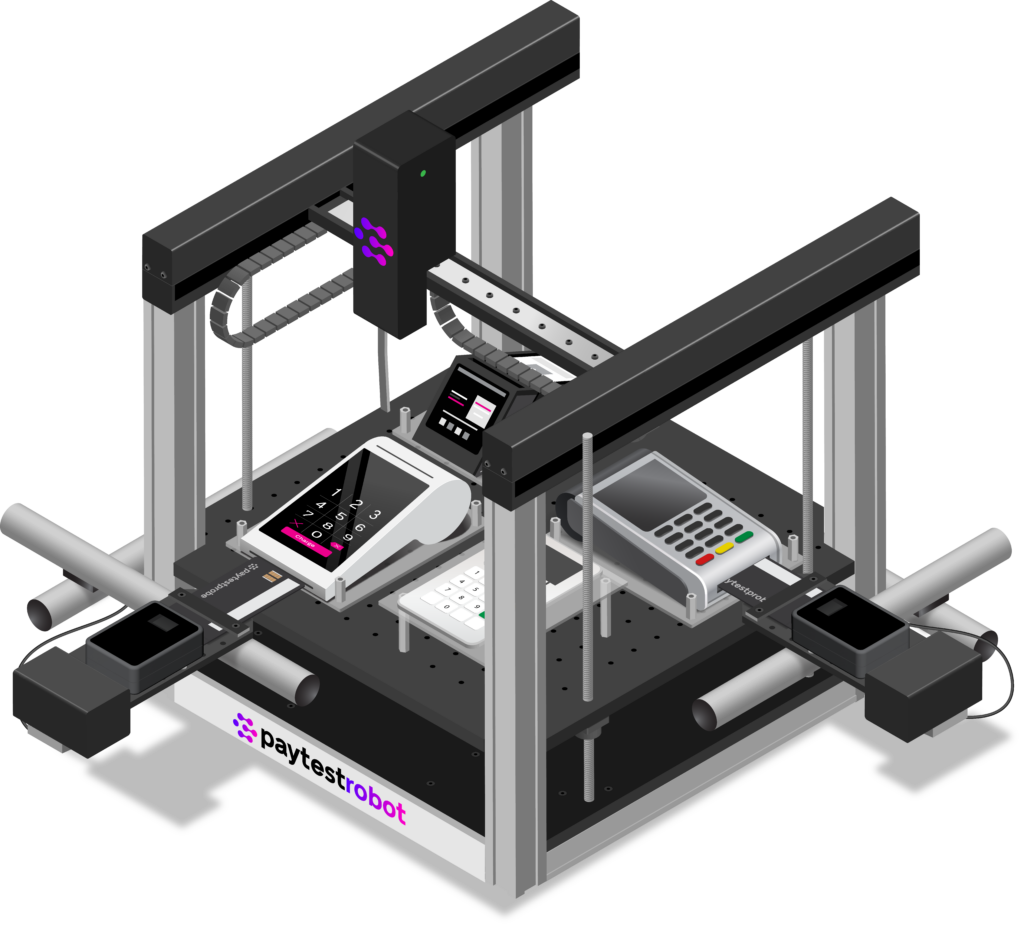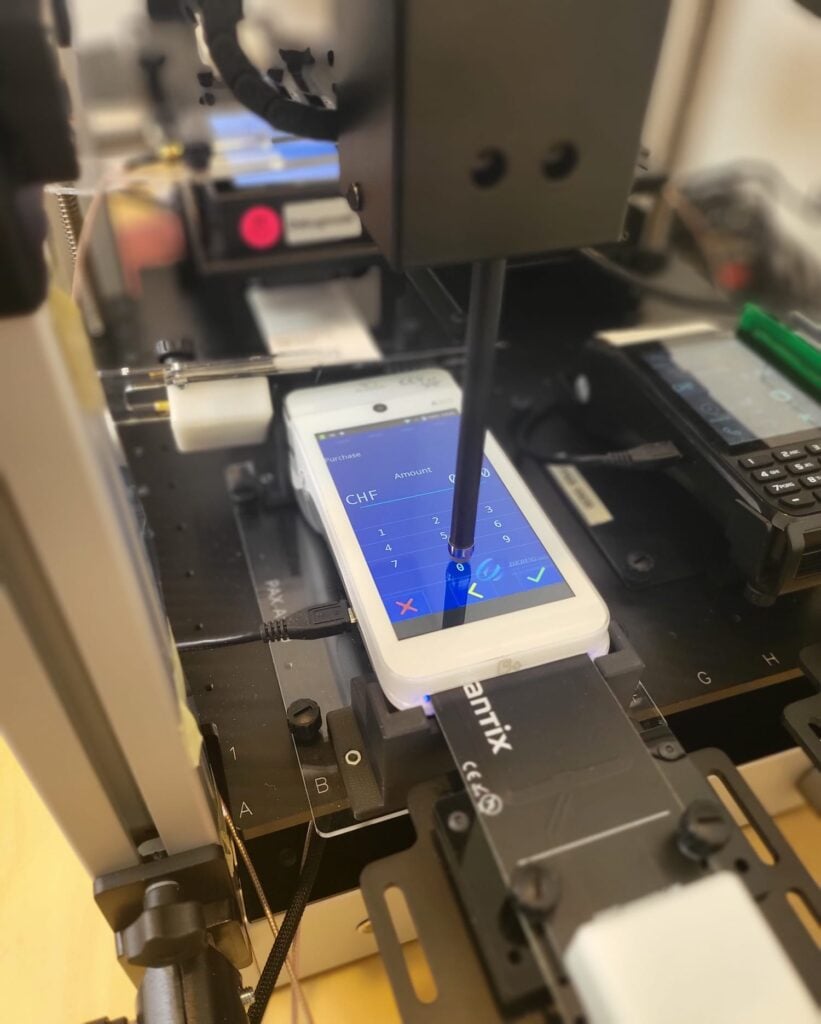
KWI
Faced with increasing regression demands and the limitations of manual card testing, KWI turned to PaytestLab’s PaytestRobot to automate real-world payment transactions across


Ingenico is the global leader in payment acceptance and services, supporting their customers to do more with payments. Active in 37 countries, with over 4,000 employees, they have been at the forefront of the commerce landscape for over four decades. With more than 40 million payment devices deployed worldwide, powered by over 2,500 apps, the company is servicing the needs of millions of consumers every day. Through their advanced integrated solutions and network of partnerships, they simplify the world of payments and bring value added services to move commerce forward.

In 2006, Ingenico Switzerland established itself as a key development centre, focusing on the EP2 payment standard solution. The team consists of 10 to 15 dedicated employees, including developers and QA professionals who have been crucial in this journey. Offshore teams recently joined to primarily support quality assurance, with a minor role in development. The central team directly supplies hardware, as the exclusive focus is on software development, integrating seamlessly with the provided SDK.
The team observed varying results depending on the project phase. During the early stages of developing new features, introducing platforms, or preparing for certifications, they discovered potential memory leaks. While some were deemed irrelevant due to periodic reboots, others, though small, were significant as they might not have been apparent in the field. Identifying these issues, especially the substantial ones, was a primary goal of the testing process.
A memory leak occurs when memory allocations are not appropriately closed after each task, leading to a gradual accumulation of memory. This buildup reduces the availability of memory for the application, potentially causing issues. Proactively addressing memory leaks, even those of minor significance, is essential to prevent such problems. The team underscores the critical importance of proper memory management, especially in older platforms utilizing C code. Inadequate deallocation of memory in such platforms can result in the application being unable to efficiently utilize available memory resources.

Upon acquiring the robot in 2017, there were no dedicated QA resources available. Initially, a full-stack approach was adopted, with developers handling both development and testing. To tackle concerns like memory leaks, Ingenico allowed the robot to work continuously, performing repetitive tasks such as triggering thousands of transactions over nights or weeks. As projects grew, the need for a dedicated QA team emerged.
“The robot played a pivotal role in the initial phase, particularly in stress testing,” says Oliver Taylor, Country Manager, Ingenico Switzerland.
Ingenico utilizes several different terminals on their robot and has base plates to fit the varying types. When conducting random stress tests and similar tasks, they utilize a countertop. This allows them to perform standalone testing with manual input or execute ECR testing by sending commands through the ECR. Typically, Ingenico focuses on testing specific aspects rather than the entire range covered by the robot. This involves examining the main functionalities on one software platform, including various legacy software versions.
Initially, stress testing and repetitive tasks took precedence. Subsequently, they expanded into random testing, covering scenarios from ECR events to manual interactions with menus. Random transactions, including purchases, credit reversals, activation, transmission submission, and balance checks, were tested.
“Their primary focus remained on uncovering issues such as terminal crashes and memory leaks, which might be overlooked in manual testing,” says Oliver Taylor, Country Manager, Ingenico Switzerland.
One tester was involved in software development while the other focused on testing the software, and they alternated roles. Eventually, the task was taken over by the robot, allowing the developers to dedicate more time to their development work.
The exact number of tests the robot is able to conduct overnight or during a week varies. Ingenico estimates that over 1000 transactions per night are being completed. The robot performs tests as rapidly as the terminal can process transactions, seamlessly looping them in succession. Despite the terminal’s efficiency, they encountered issues with contactless cards reaching their transaction limits after a few thousand transactions, rendering some cards unusable. This was an issue unknown, as during manual testing no one ever has done so many transactions. To address this, Ingenico started using a simulator to avoid systematically blocking their cards.
Ingenico has been using the PaytestRobot T1 since 2017 and has been pleased with its performance, primarily serving their stress testing needs. They aim to further integrate it into their creative activities, focusing on stress tests and random testing and recognize that there are potential benefits in partially automating their certification testing while continuing to ensure compliance.
While specific numbers are not available, Ingenico cites that the time savings are evidently substantial. Stress testing performed manually, especially when repetitive, can be arduous, and achieving the same volume as the robot may be practically impossible for a human. Additionally, the time efficiency is notable as the robot can operate overnight in a separate room, allowing logs to be reviewed the next day.
“Although precise figures are challenging to obtain, it is evident that the robot significantly outperforms human efforts in stress testing and random testing, representing a substantial improvement in efficiency,” says Oliver Taylor, Country Manager, Ingenico Switzerland.
Looking ahead, Ingenico plans to enhance the robot’s role in regression testing to alleviate repetitive tasks performed by the QA team during each release. While some manual testing remains essential for them, finding the right balance between manual and automated testing is crucial for improving software quality. This outlook reflects their commitment to ongoing improvement in regression testing practices.

Faced with increasing regression demands and the limitations of manual card testing, KWI turned to PaytestLab’s PaytestRobot to automate real-world payment transactions across

Worldline is a leading global provider of payment and transactional services, operating in the fintech and digital payments sector. Known for offering innovative

Abrantix is a Swiss software innovator in payment solutions, delivering advanced EFTPOS terminal software for secure, efficient global transactions. Known for quality and

KoCo Connector GmbH leads the way in pioneering IT solutions that transform healthcare, elevating both well-being and quality of life.

Nexi Switzerland, an integral part of the European PayTech Nexi Group, is composed of a team of approximately 100+ dedicated individuals committed to

Revel Systems, with nearly 600 employees in multiple locations, offers a leading cloud POS platform. Unlike competitors, they collaborate with various payment providers,